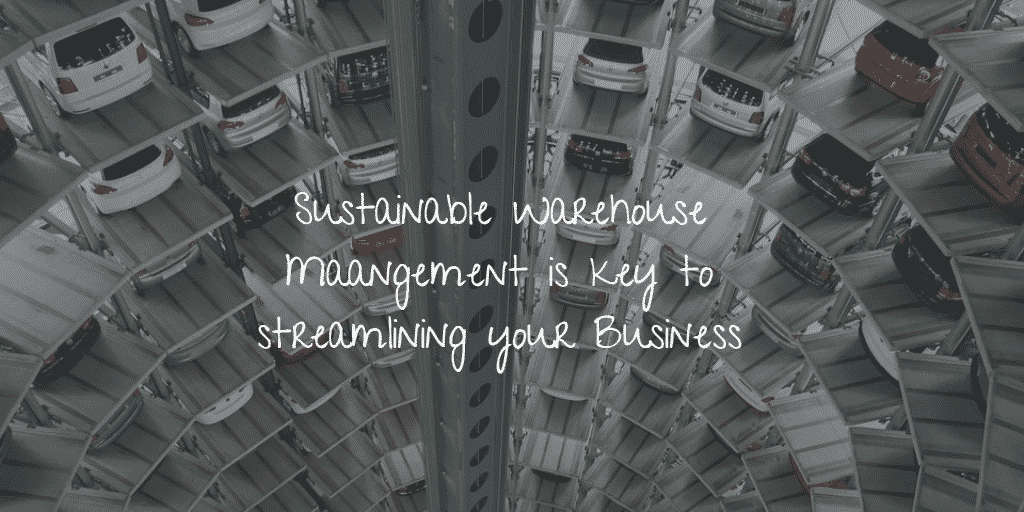Developing Warehouse Solutions
Warehouse Solution, whether you operate discrete or process manufacturing, perform distribution services, or stock goods for retail, developing sustainable warehouse solutions is essential for achieving long-term success.
The conscientious decision to focus on what is commonly known as the triple bottom line—economic, environmental, and social dimensions—involved in operation is a comprehensive business philosophy. And with an enterprise resource planning (ERP) system in place, enacting sustainability measures becomes much easier.
What is sustainable warehouse management?

Essentially, sustainable warehouse management is a system designed to meet the present needs of society without compromising the opportunities and resources available for future generations.
Although it involves the entire scope of the business process, sustainability is closely associated with environmentally sound procedures. Indeed, Global Reporting Initiative’s G4 guidelines cover this aspect, but most recently, they’ve released a linkage document that will assist the compliance of the latest EU directive for the disclosure of non-financial and diversity information.
Warehouse ERP Implementation
Introducing and developing sustainable warehouse solutions is often a challenge, even with an advanced ERP system. Many distributors employ third-party supplier’s (VMI) and logistics (professional carriers) to orchestrate the chain of supply.
However, even these challenges can be reduced with the following implementation tips and techniques. First, divide your sustainability analyses by aspect and type, and then update your core performance indicators within the system with appropriate coding so that the qualitative and quantitative data can be collected and reported properly.
Ignoring the economic performance and market presence aspects, the following list can help you implement the metrics and indicators used to evaluate company sustainability.
Environmental
- Materials—a percentage of the input usage of recycled materials
- Energy—energy consumption of the primary source (direct)
- Water—total usage amount for the facility
- Emissions, effluents, and wastes—direct and indirect greenhouse gas emissions by weight, oxide emissions by type and weight, and amounts of non-recyclable solid waste
Labour Practises (Social)
- Employment—employee counts and turnover rates by age group, gender, and region
- Health and Safety—Injury occurrence rates, work-related fatalities, occupation-related disease, lost days, and absenteeism
- Diversity and Equal Opportunity—Basic salary allocation by gender and employee category. (Also see the recent G4 linkage document for simplified EU compliance.)
Human Rights (Social)
- Investment and Procurement—total numbers and percentages of agreements that have gone through human rights screening
- Child Labour—any measures that have been taken to help eliminate child labour
- Freedom of Association—measures that support the right to exercise freedom of association and collective bargaining, and any identification of these rights at risk.
Society (Social)
- Community—the nature and scope of any programmes, practises, or initiatives that have a positive impact on the operation of your community, and the effectiveness and outcomes of those endeavours.
- Corruption—the amount and percentage of business units that have been examined for risks related to corruption
- Consumer Health and Safety—this will naturally vary depending on the type of products housed in your facility, but basically, any assessments made concerning the improvement or life cycles of the products that could impact consumers.
With an advanced ERP system, many of these indicators are already integrated, and the reporting framework can be easily customised to include new governmental regulations and directives.
Effective ERP implementation for a sustainable warehouse involves collecting the right data and then making informed business decisions based on the performance reports that your ERP system generates.





